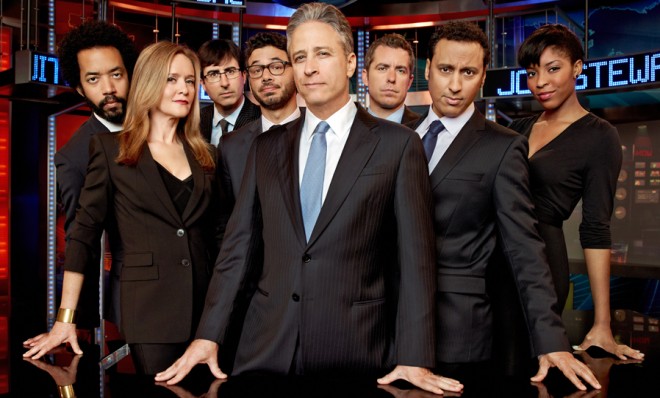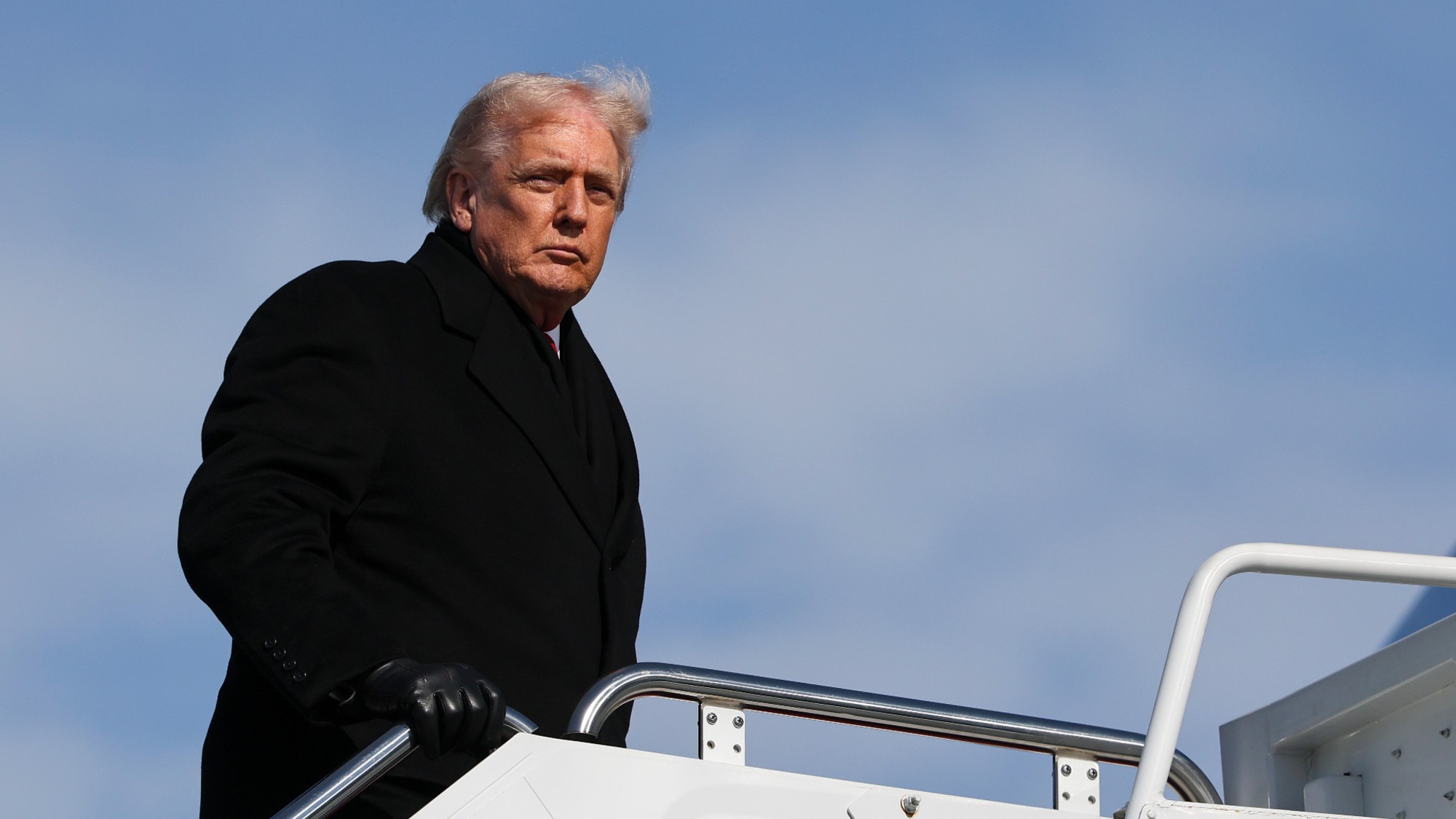Is Cablevision being forced to carry boring channels?
Cablevision says Viacom threatened a $1 billion penalty if it didn't carry unwatched networks

The legal dispute between Cablevision and Viacom is getting ugly.
The cable TV provider sued Viacom in federal court last week, accusing the media conglomerate of forcing Cablevision to pay extra for more than a dozen lesser-watched channels in order to carry more popular networks, such as Comedy Central, Nickelodeon, and MTV.
In newly released filings, Cablevision accuses Viacom of "strong-arm" tactics, claiming that Viacom threatened a $1 billion penalty if Cablevision didn't fall in line.
The Week
Escape your echo chamber. Get the facts behind the news, plus analysis from multiple perspectives.

Sign up for The Week's Free Newsletters
From our morning news briefing to a weekly Good News Newsletter, get the best of The Week delivered directly to your inbox.
From our morning news briefing to a weekly Good News Newsletter, get the best of The Week delivered directly to your inbox.
But "in order to make sense," the Cablevision complaint hinges on a "dubious proposition," says Daniel Fisher at Forbes — "That it has a limited amount of bandwidth for transmitting video, and Viacom is hogging it all by forcing Cablevision to carry channels it doesn't want."
But with the advent of original programming on sites such as Netflix and Hulu, "it will become harder for cable operators to claim, as Cablevision does in its lawsuits, that it has limited electronic shelf space," says Fisher.
The "heart of the suit is a longstanding complaint from cable and satellite operators" over carriage fees, says Shalini Ramachandran at The Wall Street Journal. Distributors say that the practice, known as bundling, "makes it harder for them to beat back the persistent increase in programming costs," and that higher costs are ultimately passed along to customers' monthly bills.
"This anti-consumer abuse of market power is a key reason cable bills continue to rise and programming choice remains limited," Cablevision said in a statement.
A free daily email with the biggest news stories of the day – and the best features from TheWeek.com
Several other major distributors, including DirecTV, Time Warner Cable, and Charter, have rallied behind Cablevision's suit, which industry experts are watching closely.
Viacom has criticized the lawsuit, calling it "misguided," "ill-advised," and a "hypocritical attempt" to void an earlier deal.
A company statement also called the charges "as factual as an episode of Walking Dead on AMC, which like all the networks controlled by Cablevision's management is also offered in a bundle to distributors."
That reference to Walking Dead was meant to sting, explains Alex Sherman at Bloomberg Businessweek: James Dolan is Cablevision’s CEO, but his family controls shares in AMC, which airs Walking Dead.
Sergio Hernandez is business editor of The Week's print edition. He has previously worked for The Daily, ProPublica, the Village Voice, and Gawker.
-
 5 highly hypocritical cartoons about the Second Amendment
5 highly hypocritical cartoons about the Second AmendmentCartoons Artists take on Kyle Rittenhouse, the blame game, and more
-
 ‘Ghost students’ are stealing millions in student aid
‘Ghost students’ are stealing millions in student aidIn the Spotlight AI has enabled the scam to spread into community colleges around the country
-
 A running list of everything Donald Trump’s administration, including the president, has said about his health
A running list of everything Donald Trump’s administration, including the president, has said about his healthIn Depth Some in the White House have claimed Trump has near-superhuman abilities